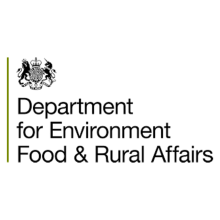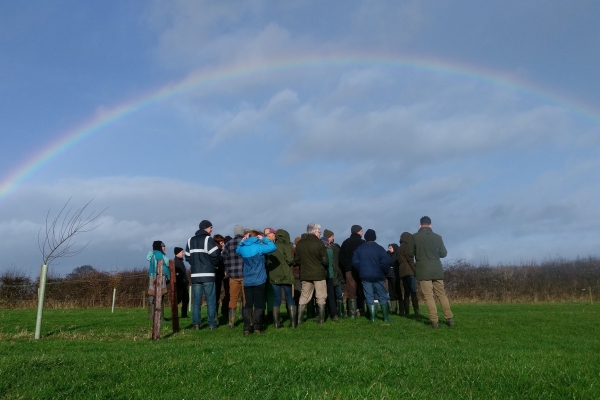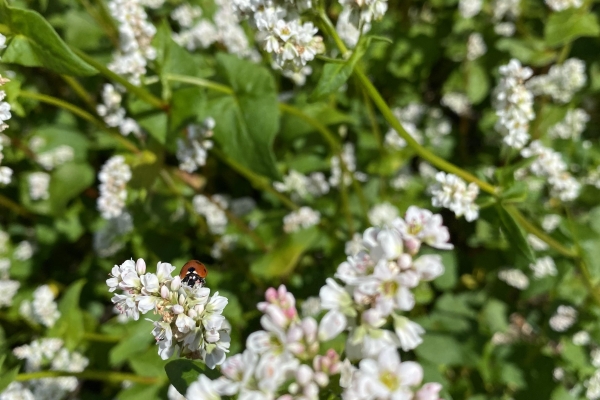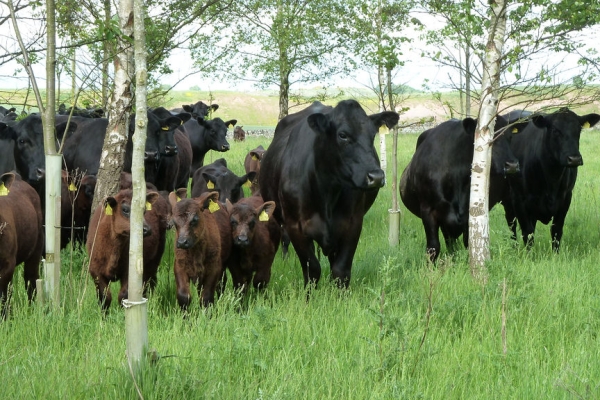Converting to Organic Farming
Defra webpage with information about how to convert your farm to organic.
Resource explained
This page of the gov.uk site provides a useful introduction to organic conversion from Defra. The page includes information about: the key features of the organic market, key requirements towards certification as an organic farmer, how organic farming is different to non-organic farming, planning and funding for conversion, registering with an organic control body, useful case studies and details of further information sources.
Findings & recommendations
- The word organic is a legal term.
- EU organic food production is regulated by an inspection, certification and labelling scheme. Is unlawful to use the term ‘organic’ if you have not been inspected and certified by an organic control body.
- Converting to organic requires a fundamental change to farming, production and processing practices. It can take up to three years to be certified as an organic producer.
- The main components of an organic farming system are: avoiding artificial fertilisers and pesticides, using crop rotations and other forms of husbandry to maintain soil fertility, controlling weeds, pests and diseases using appropriate husbandry techniques and where necessary approved materials to control pests and disease.
- Find more detailed information on the conversion process by visiting the Defra site.
Related articles
Cecile Smith share findings from a new LUPG report containing 14 case studies of farmers who adopted agroecological practices and undertook system change on their...
There is increasing recognition of the benefits of integrated agroecological farming systems but it can be hard to know where to start. In this podcast,...
Agroecological approaches are an essential part of sustainable intensification, maintaining agricultural productivity and environmental protection.





